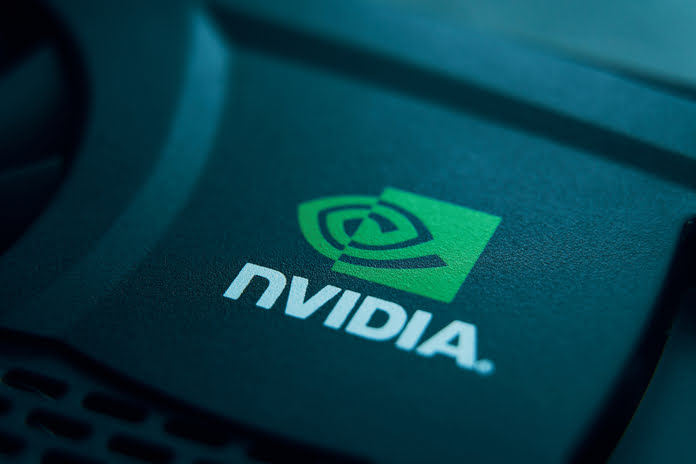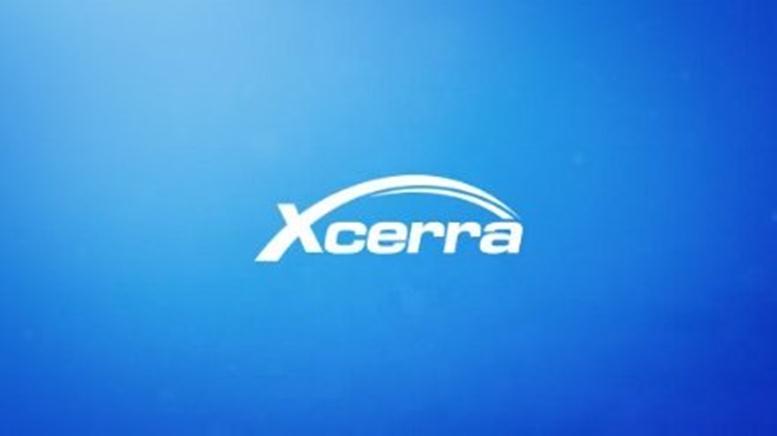Nvidia’s (NASDAQ:NVDA) shares have surged over threefold this year, largely propelled by the artificial intelligence (AI) frenzy. However, the exuberant expectations baked into the stock may pose challenges for maintaining such rapid momentum. Despite surpassing sky-high profit and revenue expectations in the last two earnings reports, Nvidia’s shares have shown limited movement and remained range-bound in the latter part of the year.
Although analysts overall maintain a positive outlook on Nvidia, projecting a 37% upside in the stock price over the next 12 months, this forecast is notably below the stellar gains witnessed this year. Concerns linger among some analysts about the sustainability of Nvidia’s current growth trajectory in the long term. Last week, Edward Jones downgraded Nvidia to a neutral equivalent, expressing apprehension that the company is facing peak demand, making it challenging to consistently surpass expectations and drive substantial stock increases.
The extremely optimistic outlook for Nvidia may signal that a significant portion of the potential upside is already factored into the stock. Estimated adjusted earnings per share for the year ending in early 2025 stand at around $20, more than double the projections from just six months ago. Furthermore, the majority of funds and investors already hold Nvidia, posing an additional hurdle for substantial share-price advancements. An analysis by Morgan Stanley of the top 100 actively managed institutional portfolios in Q3 revealed that the average portfolio concentration of Nvidia was approximately 2.3%, well above its historical average of 0.7%.
While many analysts anticipate further increases in Nvidia’s shares, the era of extraordinary rallies may be drawing to a close. Ingalls & Snyder noted that while Nvidia remains highly favored, the challenge lies in finding new buyers, and future gains are likely to be more gradual.
Several risks loom on the horizon that could impact Nvidia’s performance. Potential revenue setbacks could arise from U.S. restrictions on tech exports to China, although Nvidia is reportedly developing chips specifically for the Chinese market to navigate export restrictions. Increased competition from rivals such as Advanced Micro Devices and major customers like Microsoft is another concern. Additionally, the proliferation of AI faces potential blowback as it becomes more mainstream, with Fidelity International expressing worries about an unforeseen AI incident triggering a substantial market decline, emphasizing the susceptibility to unexpected risks in this rapidly evolving field.
Featured Image: Megapixl









